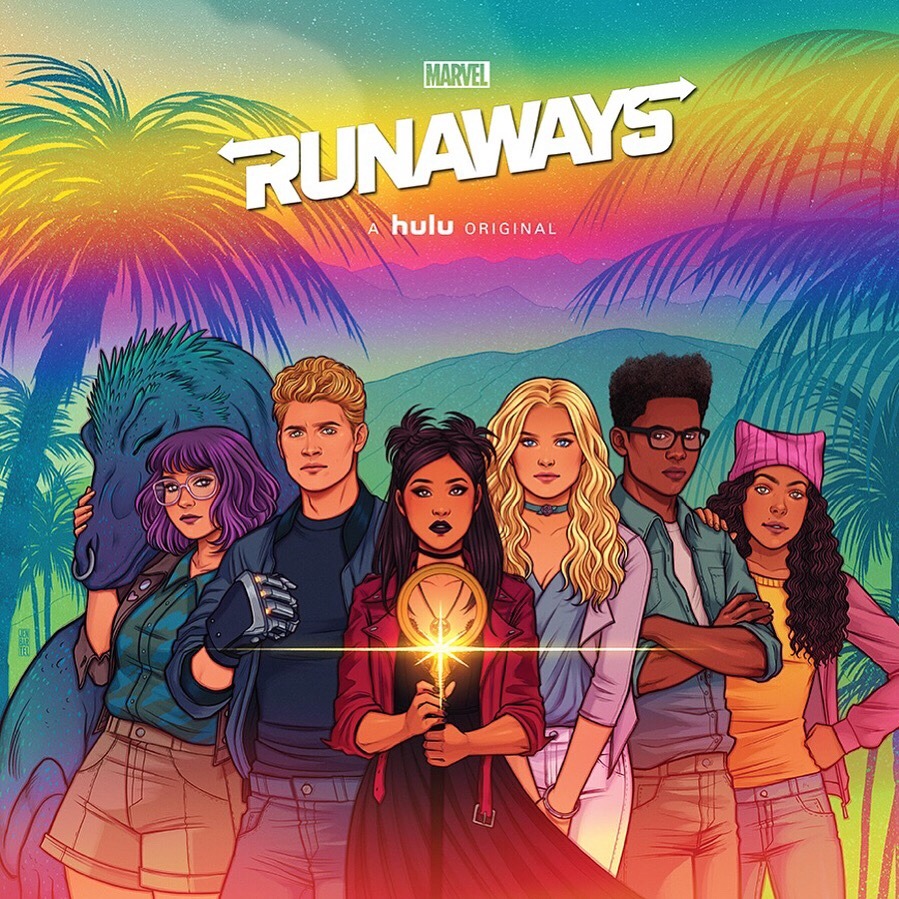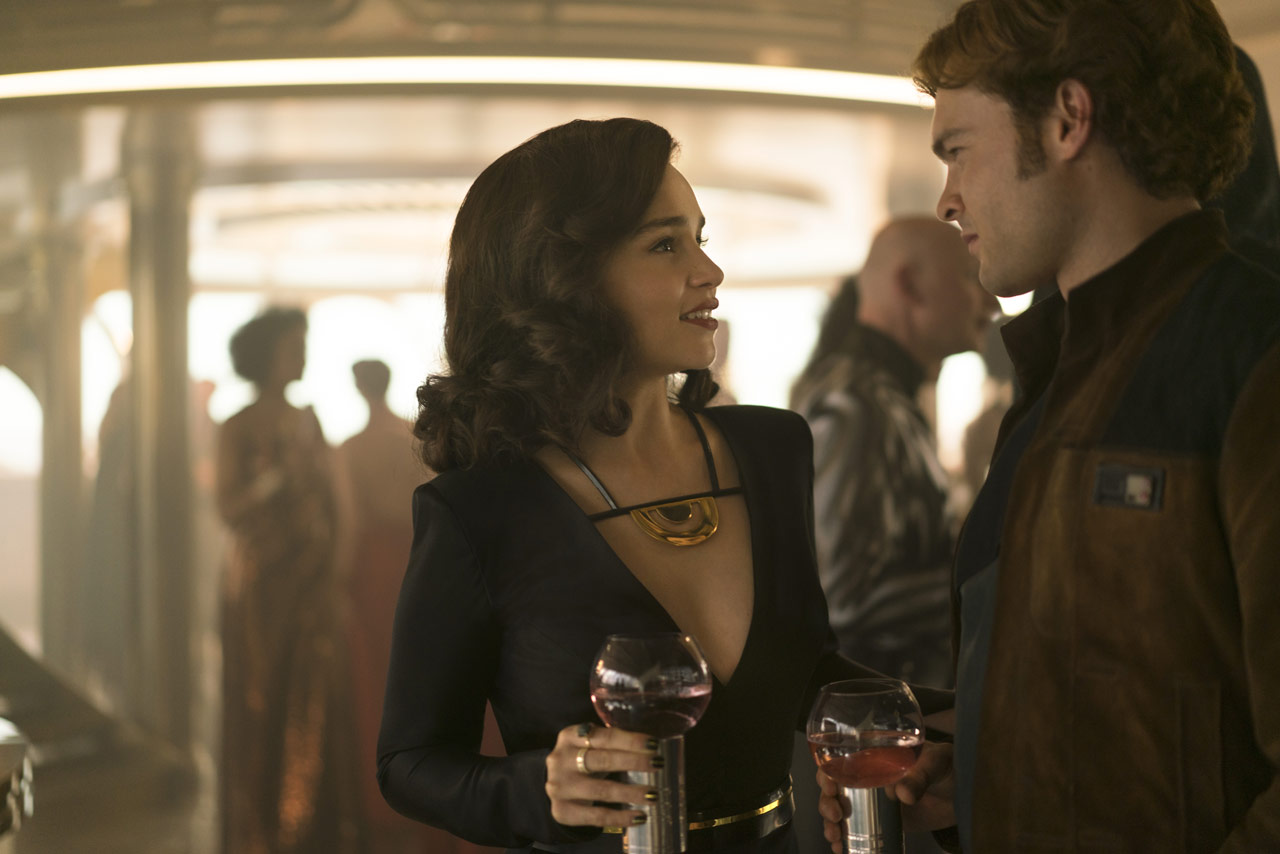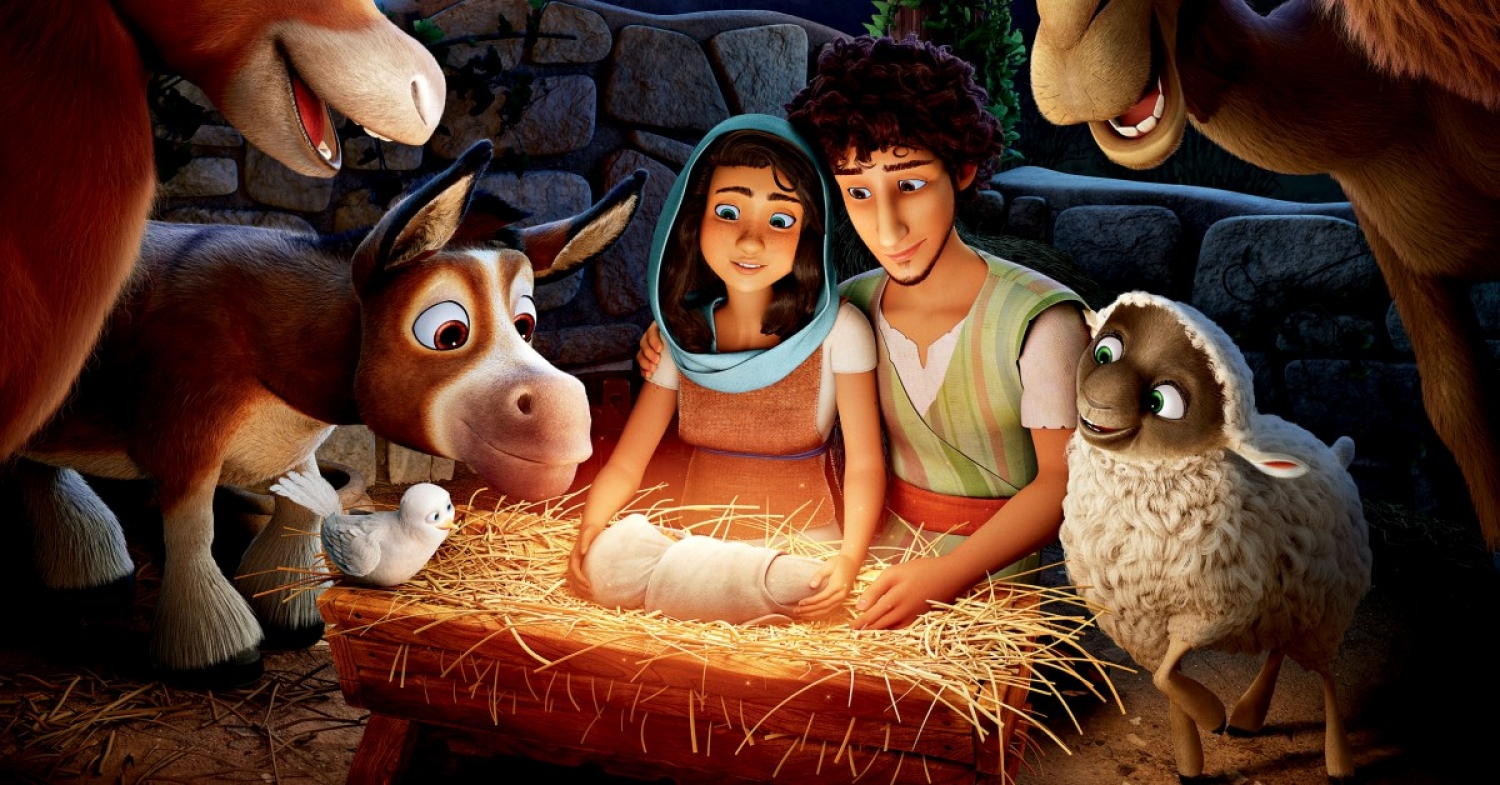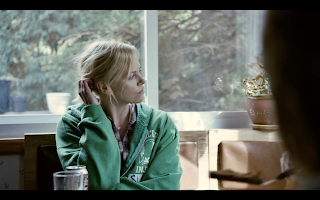Jordan Peele is creating a new Twilight Zone this year. Pieces of
Us feel like they're the perfect pilot for a society-driven anthology
series from him. In Us, a family is greeted by their doppelgängers
and must survive their mysterious appearance and invasion of their summer
beach house.
Us is the best ensemble horror film in recent memory. Everyone plays well with each other because it's a family-horror movie that feels authentic. Protection, not survival, is what's emphasized in Us, and the impact of that echoes through the movie. Protection means sticking together, and later exchanging fun stories about the insanity with the people being protected. It's like if The Incredibles was a horror movie, and Violet said "I have the highest kill count in the family." In this case, the daughter, Zora (Shahadi Wright Joseph), said that. Her, and her brother Jason (Evan Alex), are some of the best kids in horror, during a season that's been pretty good to kids in horror, with movies like A Quiet Place. They're not helpless, they're just scared.
It might help that their parents are played by actors with superhero experience. Adelaide and Gabe are portrayed by Black Panther's Lupita Nyong’o and Winston Duke. They work exceptionally well with each other, but also apart from each other, when it's themself vs doppelgänger, which opens up that anthology feel parts of Us has. Duke handles dad jokes like a pro, and it allows the movie to breathe and set a good pace. Nyong’o, meanwhile, handles more of the emotional impact the invasion brings with it. She is the ultimate mother bear, and she's pulling one of the toughest dual-jobs, as the movie's head doppelgänger.
The Doppelgängers feel like repression of dreams plus a loss of free will. Hints are dropped that people with doppelgängers have had pursuits abandoned for one reason or another, and no one was able to help them through that. Even worse, some just started feeling free will wasn't available, and no roadmap for later in life. When asked who they are, Red (Nyong’o's dual role) says "we're Americans." We're Americans, and the dream is a lie, but you seem to have it pretty well, don't you? Why don't we give it a shot? And a compelling case is made in support of that throughout the movie. Peele may just be trying to get all the ideas in his head out, but when it doesn't break the story, the more ideas out there, the better the movie is. Give people as much to work with as possible, especially in a genre can just coast on gore and jump scares. He does that and more.
Us also offers Kubrick and Hitchcock moments for the film buffs, some
cultish, choir music from Michael Abels, for the film score buffs, and a lightly
active camera, thanks to Mike Gioulakis, to breeze the audience through this new
twist on what only starts out as a classic home invasion story.
There are two things about Us that stand out above everything else.
First, is the cast and their characters, and second is every little thought
and implication this movie teases. The interpretations, reinterpretations,
and misinterpretations will stand the test of time, well after this movie
(hopefully) rewards Peele with another Oscar win.
Us is the best ensemble horror film in recent memory. Everyone plays well with each other because it's a family-horror movie that feels authentic. Protection, not survival, is what's emphasized in Us, and the impact of that echoes through the movie. Protection means sticking together, and later exchanging fun stories about the insanity with the people being protected. It's like if The Incredibles was a horror movie, and Violet said "I have the highest kill count in the family." In this case, the daughter, Zora (Shahadi Wright Joseph), said that. Her, and her brother Jason (Evan Alex), are some of the best kids in horror, during a season that's been pretty good to kids in horror, with movies like A Quiet Place. They're not helpless, they're just scared.
It might help that their parents are played by actors with superhero experience. Adelaide and Gabe are portrayed by Black Panther's Lupita Nyong’o and Winston Duke. They work exceptionally well with each other, but also apart from each other, when it's themself vs doppelgänger, which opens up that anthology feel parts of Us has. Duke handles dad jokes like a pro, and it allows the movie to breathe and set a good pace. Nyong’o, meanwhile, handles more of the emotional impact the invasion brings with it. She is the ultimate mother bear, and she's pulling one of the toughest dual-jobs, as the movie's head doppelgänger.
The Doppelgängers feel like repression of dreams plus a loss of free will. Hints are dropped that people with doppelgängers have had pursuits abandoned for one reason or another, and no one was able to help them through that. Even worse, some just started feeling free will wasn't available, and no roadmap for later in life. When asked who they are, Red (Nyong’o's dual role) says "we're Americans." We're Americans, and the dream is a lie, but you seem to have it pretty well, don't you? Why don't we give it a shot? And a compelling case is made in support of that throughout the movie. Peele may just be trying to get all the ideas in his head out, but when it doesn't break the story, the more ideas out there, the better the movie is. Give people as much to work with as possible, especially in a genre can just coast on gore and jump scares. He does that and more.
Instead of gore, we get some really fun action. Weapons go flying
across the screen, as characters fight each other. It's incredibly
well-executed thanks to how grounded it all looks and how long shots are
held. And when it's not that grounded, or cuts a lot, it's creative
instead and pushes fight choreography to have new meaning.






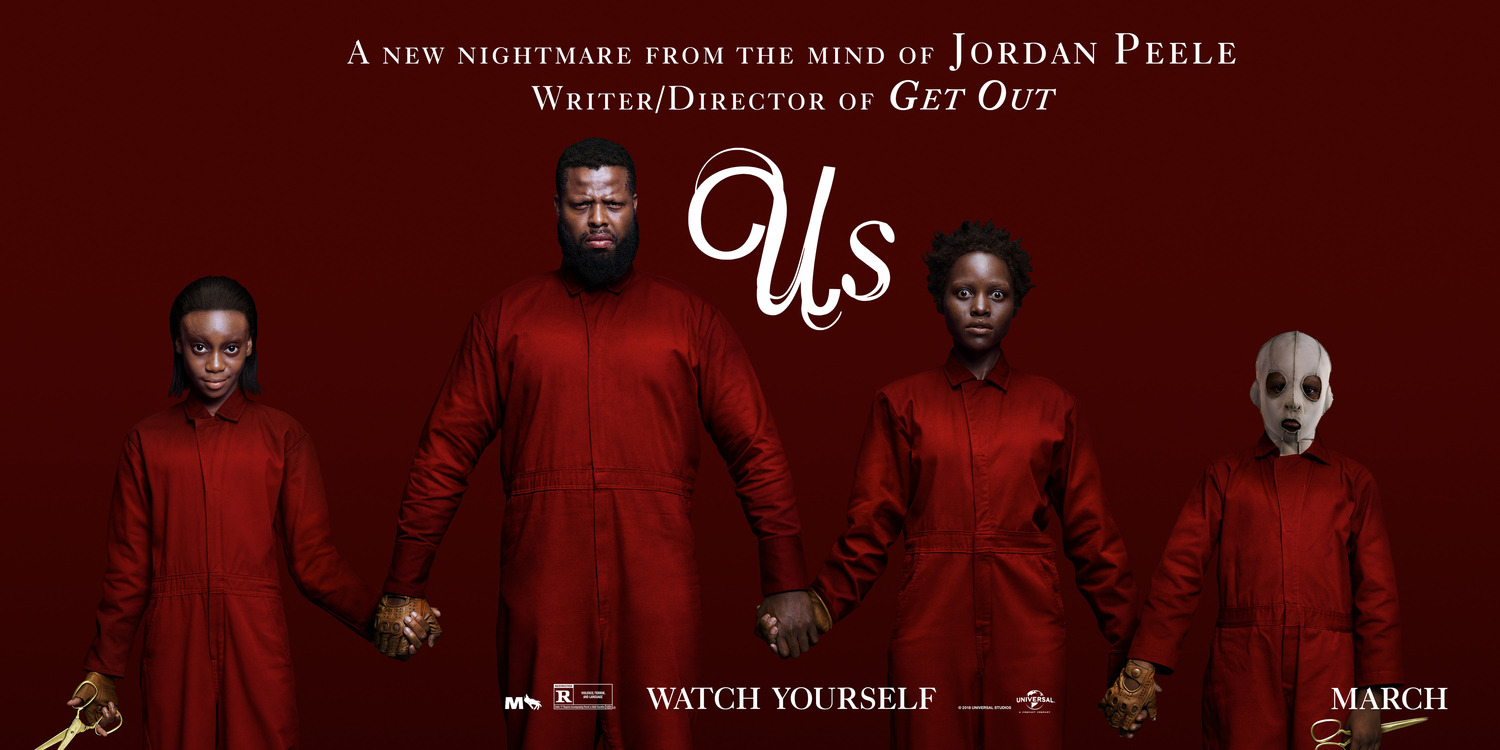

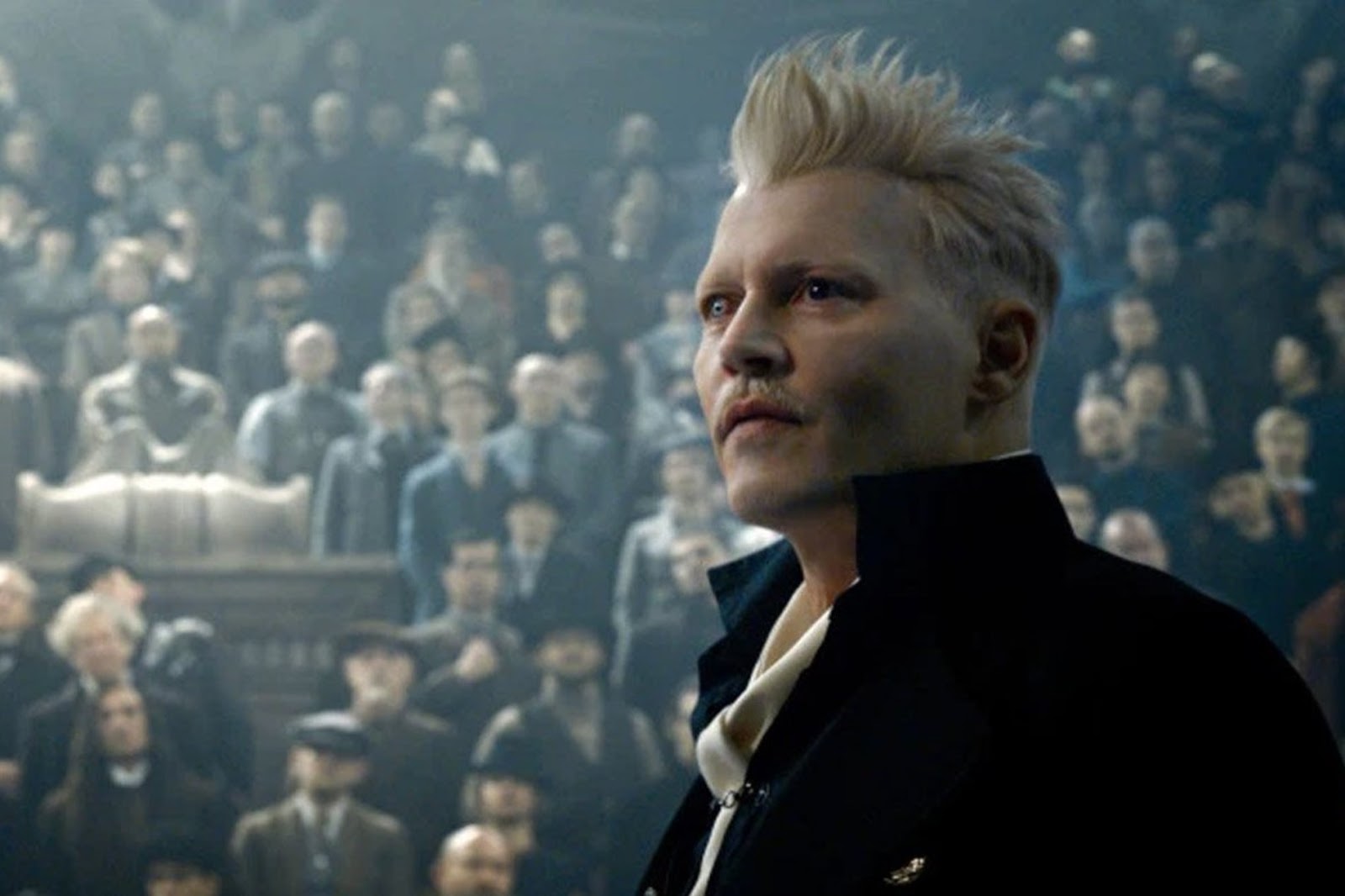

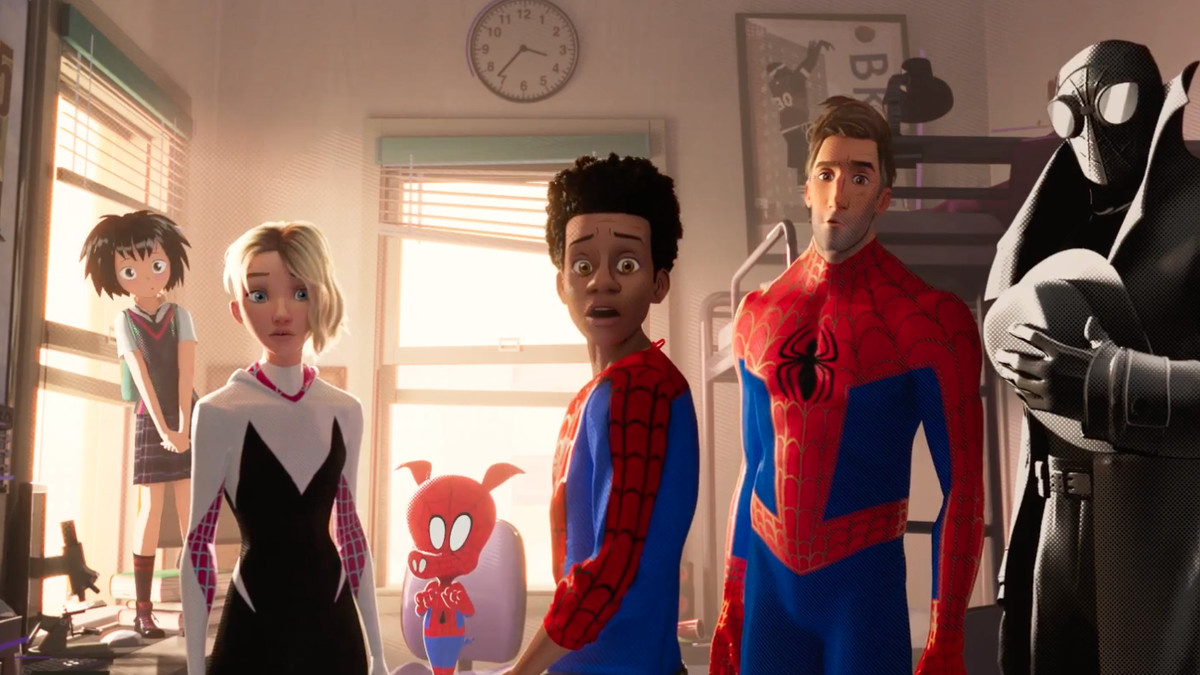
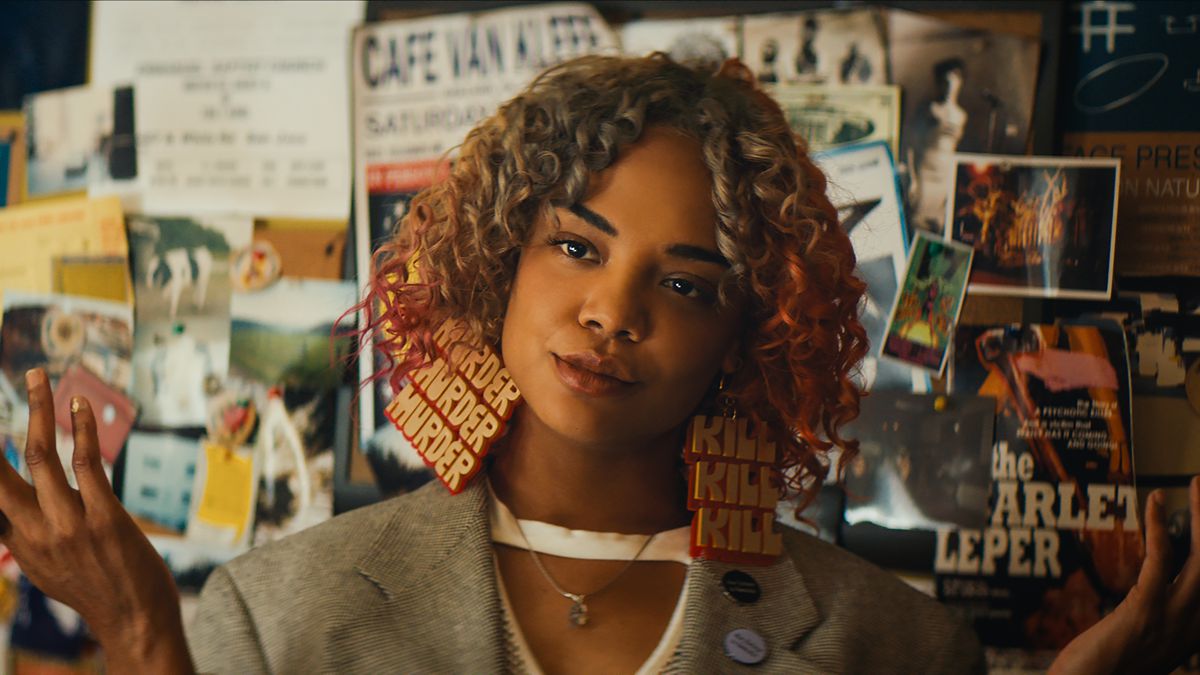


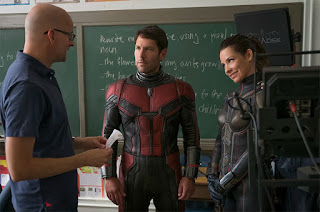 Note: This review was a special request by Marianne Brody.
Note: This review was a special request by Marianne Brody. 

